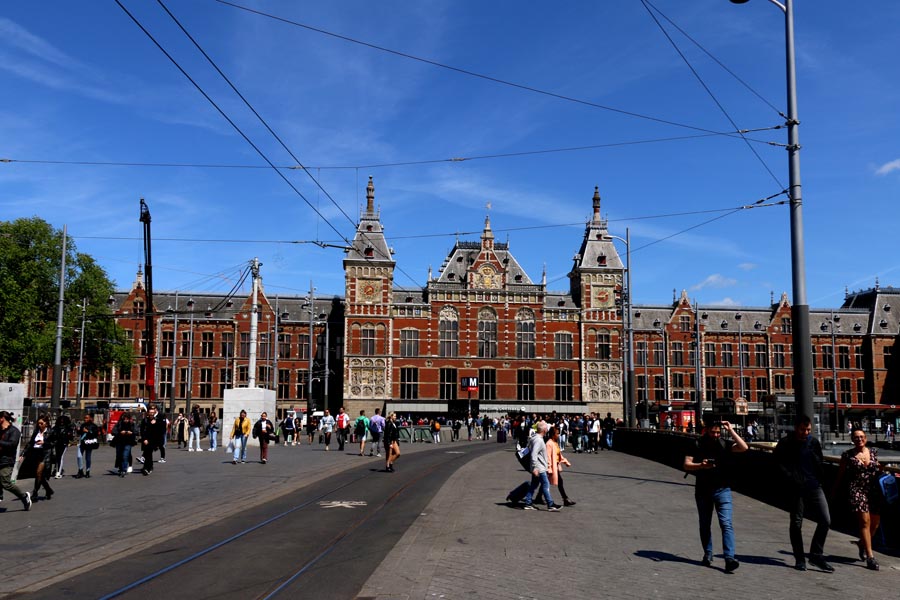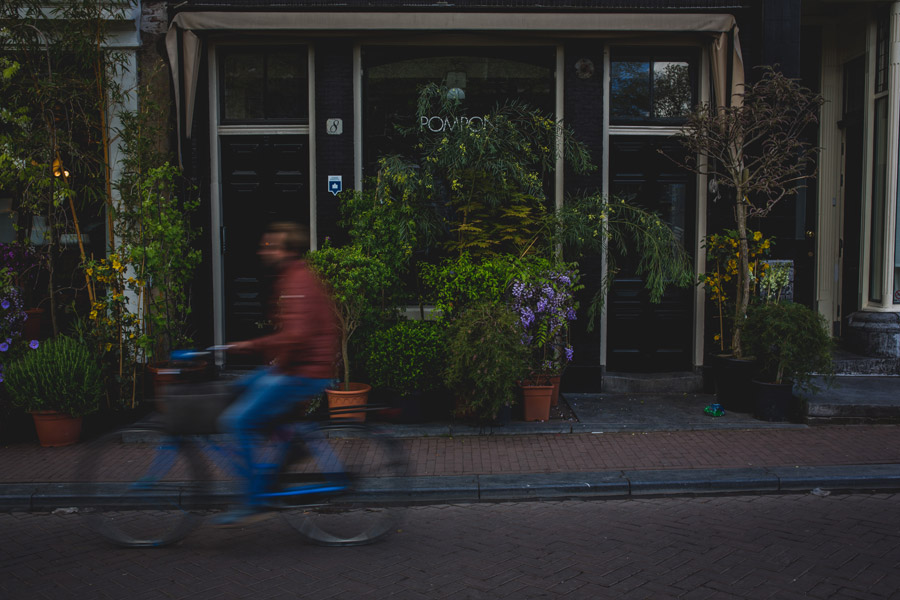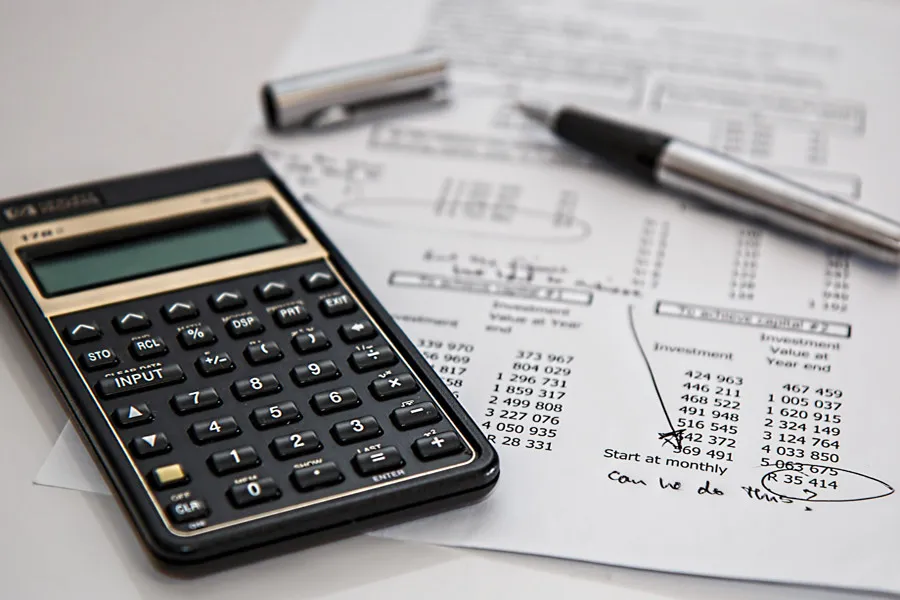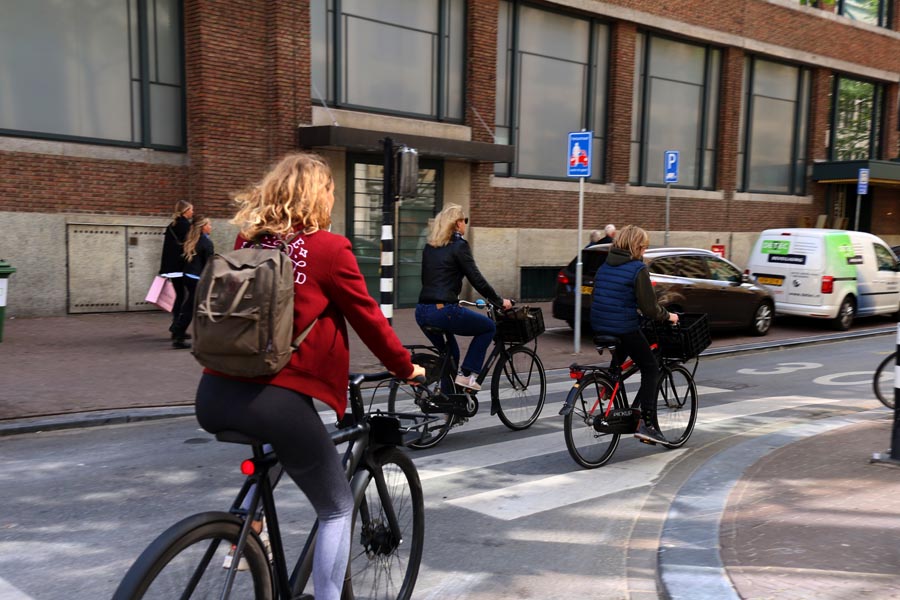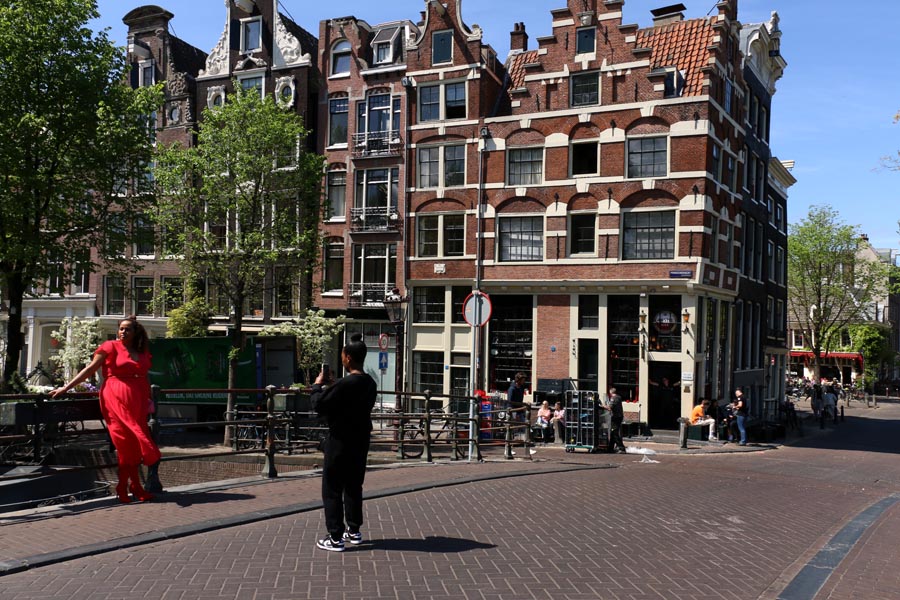What is a Citizen Service Number (BSN)?
In The Netherlands, everyone has a citizen service number (BSN). Also referred to as a registration number, Dutch citizens get their BSN at birth.
If you’re an expat, student, or highly skilled migrant from North America, you can think of a BSN as your social security number. Your BSN serves as a personal number to identify yourself to government agencies.
Everyone living in The Netherlands must get a citizen service number.
If you are planning to move (or have just moved) to The Netherlands, here is a breakdown of what you must know and do to get a BSN.
Applying for a BSN
If you plan to spend more than four months in The Netherlands, you need a BSN.
To get your citizen service number, you must first register as a resident so you can be added in the Personal Records Database (BRP). To be added in the BRP, you register at the town hall in the municipality where you will be living.
Therefore, to register, you should have a permanent address. If you don’t have a rental contract yet, call your local town hall and inquire about “registration from abroad.”
If you are unsure about where to call or make an appointment for registration, visit the municipalities & city councils in the Netherlands page.
Once you have successfully registered with the BRP, you will receive your citizen service number.
Documents Needed
For the appointment at your municipality, bring the following documents with you:
- a valid passport or ID card
- an original active rental contract (‘huurcontract’) signed by the main occupant and a copy of their identity
- non-EU citizens must have a valid residence permit or be in the process of applying for one
- original or legal copy of the applicant’s birth certificate
If you are a student, you’ll need to present proof of active enrollment at a Dutch academic institution. Once you present these forms you’ll receive your BSN within a week or two.
Remember, f you are a non-EU resident, before you can register with the BRP, you must have or be in the process of getting your residence permit. Many expats confuse their BSN with their residence permit.
The Purpose of a BSN
A BSN is required in order to be take care of a lot of practical matters as you settle in The Netherlands.
For example, without a BSN you cannot:
- work;
- open a bank account;
- make use of a healthcare institution;
- apply for benefits or an allowance.
In a nutshell, you need a Dutch citizen service number in order to access any government service or benefit. Additionally, to receive medical care, providers like general practice doctors and health insurance companies need your BSN.
Finally, a BSN is required in order to complete any financial transaction, obtain a driver’s license, and have legal employment. While you need a BSN to work and get a paycheck, a BSN is not a work permit, which you also need depending on your visa type.
Final Thoughts
As an expat, international student, and migrant worker the process of obtaining a BSN (along with all the other documents you need) seems daunting.
In reality, once you know where you will live and have a rental contract, the process is straightforward.
Most people are required to register with the municipality within five days of arrival. Although, if you don’t have a fixed address you should make an appointment as soon as your rental contract is finalized. Either way, it’s always advised to call your municipality for advice once you arrive to The Netherlands.
As a payrolling service provider for highly skilled migrants, All About Expats is well-versed on the documents every international will need to make life in The Netherlands seamless.
If you are new to The Netherlands (whether for school or work) and have questions related to your BSN, work permit, or residence permit, we can help. You can find useful information on our expat blog and knowledge center.
Additionally, follow us on LinkedIn where we post useful resources and guides related to moving and living in The Netherlands.

